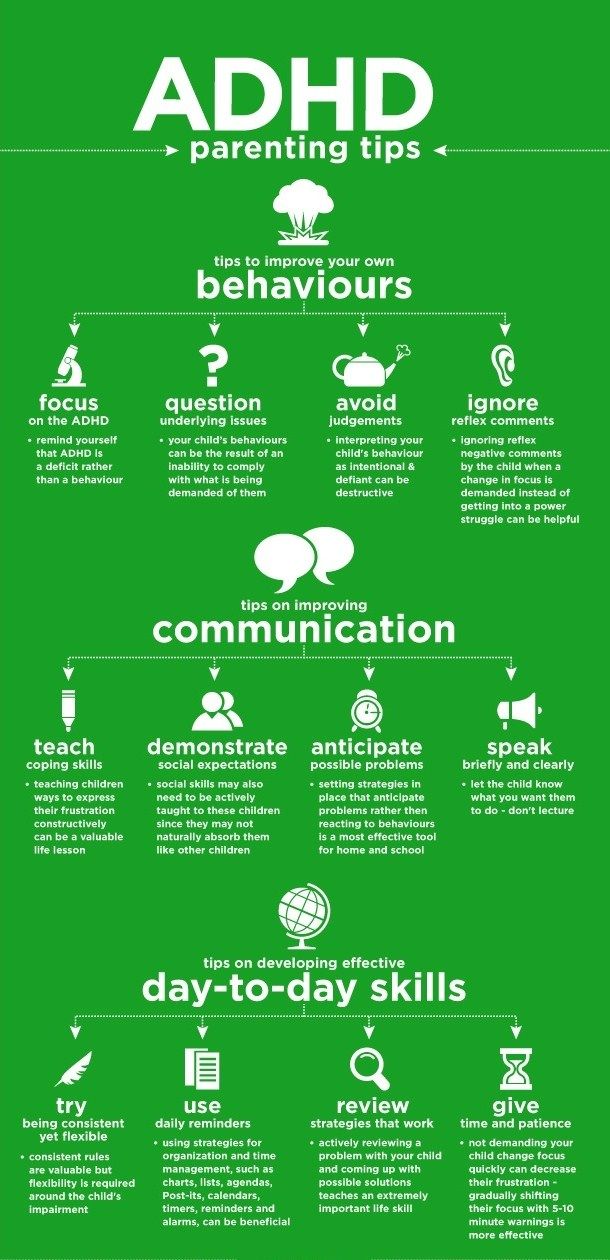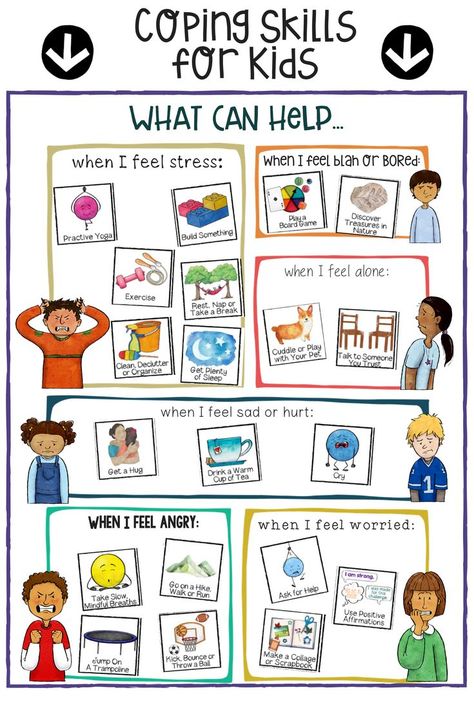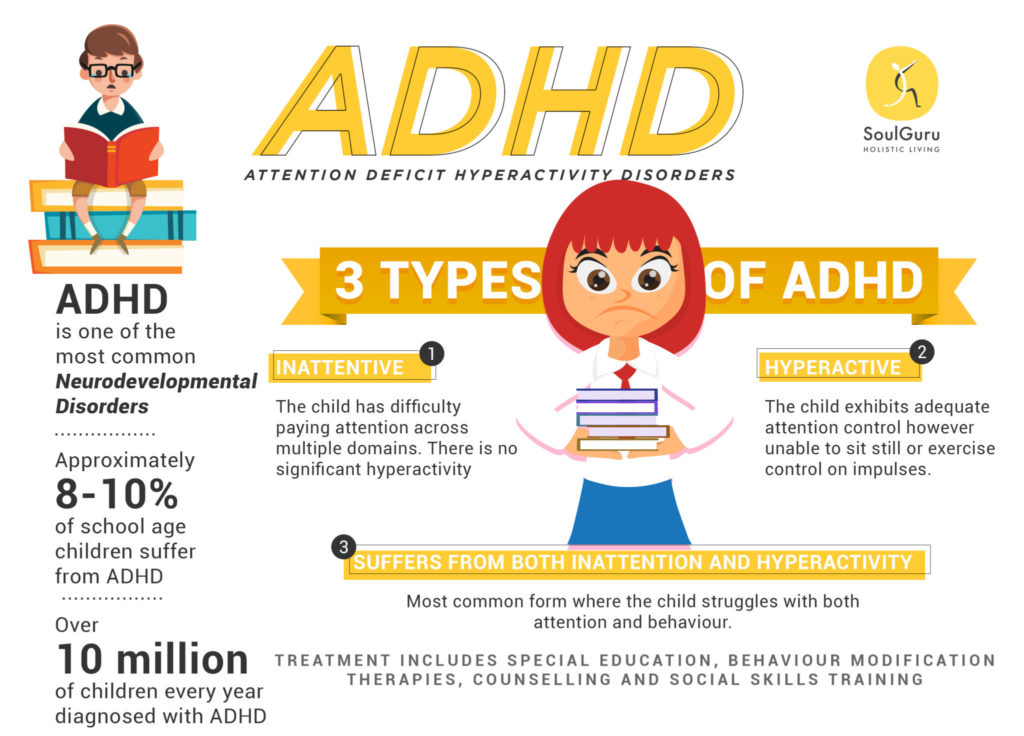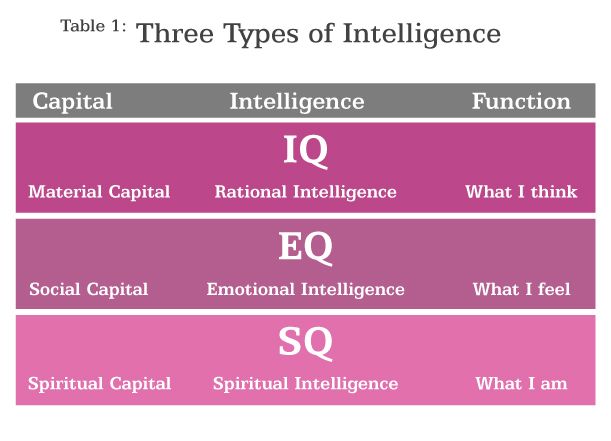Are friends with benefits bad
Why Being Friends With Benefits Is a Bad Idea
The idea of having a friend with benefits sounds amazing. After all, it's kind of the best of both worlds: you have a friendly companion with whom you can enjoy intimate experiences, yet you're perfectly free to see other people, and you have no problematic conceptions of something happening long-term. What could possibly go wrong?
The problem is, something usually does. More often that not, someone ends up resenting the other person for the way things are playing out, leading to the destruction of not only your physical relationship but your friendship as well.
While being friends with benefits sounds amazing, things rarely go according to plan. If you're interested in a situation where you can have a physical relationship with someone while still pursuing other romantic interests, you might be better off pursuing a polyamorous relationship instead — here are five reasons why.
1. Even if you start off on the same page, things change.
It's an age-old cliche: two people start off wanting a relationship free of commitment, then one person catches feelings. The idea of catching feelings is often demonized, but it's really nothing to be ashamed of. Maybe you start your physical relationship during a time when you're not interested in commitment, but a few months later, your priorities begin to change. That's called evolving as a person — and one of you is bound to evolve eventually.
2. Someone will eventually call it off.
There's no way around it. Even if neither of you catches feelings, eventually one of you will move out of town, start a relationship with someone else, or decide you've had enough. That means that no matter what happens, one person will eventually end your friends-with-benefits arrangement — and that can hurt (or at the very least, make things awkward).
3. You'll see them flirting with other people.
Because you're friends, you're probably going to hang out outside of the bedroom, and this means that you will inevitably see them flirting with other people. While that's not a problem for some people, it can trigger jealousy in others, even if you logically know you're not in a monogamous relationship.
While that's not a problem for some people, it can trigger jealousy in others, even if you logically know you're not in a monogamous relationship.
4. It will change the dynamic in your friend group.
It's not that you should worry about what your friends think of you, but sleeping with one of your friends will undoubtedly change the way people in your friend group interact. It's possible that not all of your friends will be comfortable with your arrangement — even if you try to minimize flirting with each other in public.
5. It can build resentment that will affect your friendship.
Finally, it's really important to consider if this person is someone you're willing to end your friendship with. If you're casual acquaintances, it's possible that becoming friends with benefits could maybe, MAYBE work out. But if you're old friends with a lot of history? That kind of friendship probably isn't worth risking for a few nights of fun.
Image Source: Pexels / rawpixel. com
com
Why Friends With Benefits Is Bad? (6 Reasons)
0 shares
Friends with benefits is a type of relationship. Most often short-term (but not always), physical relationships between friends or acquaintances where participants are free to see other people and are usually available for spontaneous and casual fl#ng.
On one hand, it would seem easier than most other relationship types since you already know and trust each other, but on another hand, it’s much more complicated than a simple friendship.
Even if you think that you can handle your feelings after ending your friends with benefits-relationship, most likely you will fail if you actually try to do it.
Also read: Your complete guide to friends with benefits relationship
Being with friends with benefits relationships can be really good, but it’s also really bad.
One of the reasons why friends with benefits is bad is, if one person is using another, whether or not they are aware of it, there will eventually be a huge problem that needs to be addressed.
Using someone for his or her body and knowing that you have no intentions of following through on your commitment by becoming lovers is wrong.
On top of that, jumping into bed with someone you barely know isn’t smart at all.
Be careful when approaching a friend who you think could benefit from being friends only because their feelings might get hurt if they’re truly interested in pursuing something more serious.
Here are some things you should know why friends with benefits is bad.
Why friends with benefits is bad?The reasons why FWBs aren’t always a good idea are fairly straightforward. First of all, FWBs might not be able to satisfy your emotional needs because you’re not supposed to have any sort of feelings for them.
You should never feel pressured into doing anything you don’t want to do and if you suddenly find yourself becoming more emotionally attached then it’s time for things to come to an end.
Also read: What are friends with benefits?
On top of that, FWBs are supposed to be no-strings-attached relationships so they aren’t really made for anyone looking for a committed relationship or someone serious in their life – even just as a friend.
If you find yourself hoping that your FWB will one day turn into something more – then that’s not how things are supposed to go! Another big problem related to FWBs is a disease.
When you sleep with multiple people without protection, there’s a very high chance that something will happen.
And on top of that, many partners who engage in FWBs tend to neglect using protection. Even if both parties are clean from diseases, not everyone has s#x without protection.
Just keep in mind: when engaging in risky s#xual activities – protection is always essential! And there are also moral issues connected to having an FWB.
Some people may find having more than one partner at once disrespectful towards oneself and towards others; others may just prefer being monogamous by nature. Whatever your stance on these issues may be.
When a FWB turns into something more than just intimacy, it can really mess up your existing relationships.
Having an FWB is completely normal and there’s nothing wrong with that, as long as everyone understands what they’re getting themselves into.
However, when you start developing feelings for someone that you know you can’t have a real relationship with, things can get problematic pretty quickly.
The moment one party starts feeling emotional for their friend-with-benefits, everything changes.
Also read: How to make friends with benefits work?
This is where boundaries are really important – at least then everyone will be clear on what their expectations are from each other.
If either of you is unwilling to move on after your FWB has turned into a romantic relationship, then now would be a good time to call things off before anyone gets hurt in any way.
Friends with benefits aren’t supposed to make anyone feel used or objectified – it’s about two people getting together just because they want some fun.
At times serious, but however, it might turn out that both parties involved actually want something serious, but aren’t brave enough to come out and say so directly.
Again – setting clear boundaries beforehand can help avoid misunderstandings like these. Who wouldn’t love someone who was single and wanted them exclusively?
Who wouldn’t love someone who was single and wanted them exclusively?
Your job is to ensure that neither you nor your friend with benefits expects too much from each other.
Even if it’s consensual and feels great at the moment, a friends-with-benefits situation shouldn’t make either of you feel taken advantage of or alone.
If you’re not careful, you could end up hurting your feelings or getting hurt and that’s no way to treat someone you care about.
Also read: What does friends with benefits mean?
People in relationships tend to make all kinds of sacrifices for their partners: they go out on cold days when they would rather stay home and turn down opportunities to see their friends because those are times when their partner would rather spend time together.
Friends-with-benefits relationships aren’t like that.
The relationship will fizzle out after a while because there’s no dedication or reason behind it – just a fling and nothing more.
Making physical love is fun in short bursts, but if you do it over and over again eventually one or both of you might start feeling used or even abused.
This feeling will only lead to resentment. So, how long should you maintain a FWB relationship before calling it quits?
It depends. If you don’t feel as though your partner is holding up his/her end of things then it’s probably best to let him/her go before you feel resentful about them.
However, if both parties show commitment and respect towards each other then FWB relations can last indefinitely without any negative feelings involved.
Also read: Can friends with benefits turn into a relationship?
If you truly enjoy spending time with someone, chances are you’re going to end up feeling attached to him or her after a while.
Once that happens, it can get very difficult for you to have an intimate encounter without getting jealous and wanting something more than just intimacy in return.
This will only lead to problems and hurt feelings if your friend-with-benefits situation starts turning into a real relationship but one person decides they don’t want anything serious and that’s definitely bad for your emotional health.
That being said, however, it doesn’t mean that you shouldn’t be romantically active before entering into a committed relationship.
When making out with someone who has no romantic intentions towards you or asking him/her on dates when both of you know what your relationship really is.
Try taking things slowly at first so as not to get too emotionally involved in the case he/she isn’t looking for what you’re looking for at all.
Also read: What do friends with benefits do together?
6 reasons why friends with benefits is bad
1. No strings attached:
It means that you do not have a commitment with your FWB and there are no obligations toward each other in any form or shape, including monetary ones.
In addition, when starting a friends-with-benefits relationship, it is important that both parties discuss what they expect from such a relationship before diving into it head first.
Some people may want to be involved physically without having a romantic connection, while others might only be interested in an exclusive romantic partnership.
Because of these differences in wants and needs, there might be conflicts between each other.
2. Sometimes manipulating and using another only for a physical relationship:
It is a situation where one person gives and receives, while another receives only.
If you are giving all or most of what you want in terms of contact, attention, and other elements that make up a friendship, but your friend isn’t giving back on any levels, it’s no longer fair to call it a true friendship.
Friends provide support for each other during difficult times, both emotionally and physically.
Thus, if your FWB doesn’t step in when he or she should consider ending it. Some people will abuse their power by taking from someone who gives too much.
Some people will abuse their power by taking from someone who gives too much.
Also read: What happens after friends with benefits ends?
This shows that they don’t care about you at all, so give them their walking papers.
However, do not feel guilty about ending a friends-with-benefits arrangement because you are simply not getting as much out of it as you would like — everyone deserves more than one-sided relationships.
3. No trust:
You never really know if your partner is being faithful, especially when he or she has multiple dating partners also.
Is it worth losing trust over? Is it worth sacrificing your own happiness? If you can’t say yes to those questions, then please walk away from his or her life now.
4. The beginning might seem fine, but often emotions grow unbalanced as time passes:
He/she may claim that he loves spending time with you so much that he feels jealous whenever you spend time with others – even close friends.
While I’m sure many women reading this would love to hear these words at some point, remember: Men always find ways to manipulate situations in their favor.
So unless a guy truly has these kinds of feelings towards you – ones founded on respect and admiration rather than selfishness – all of these words are meaningless and won’t help stabilize your relationship moving forward.
Also read: What to do when friends with benefits ends?
5. There is a high chance of catching a physically transmitted disease:
S#xually transmitted diseases are not limited to just HIV/AIDS, syphilis, herpes and gonorrhea anymore.
These days it is quite common to contract conditions you have never heard of, let alone had to deal with.
And although some are easily treatable, others require lifelong treatments that can be expensive and hard on your body in general.
Additionally, several STDs can cause cancer or infertility, which means that if you catch one through s#xual activity with a new partner that you’re intimate with regularly, you’ll probably want to reconsider the said relationship.
That said, relying on consistent use of cond#ms is generally a good idea regardless of your previous history or frequency of s#xual activity.
Also read: Signs your fwb is over
6. Waste of your time, efforts, money, and energy for a short-term fling
Like it or not, most girls want to be wined and dined and showered with gifts before they will ever allow you to sleep with them. This kind of relationship is just a waste of your efforts and time.
Being honest about your intentions from day one is something that can ruin what you have with a girl. At times, being casual works better for some people, but on average that does not last for very long – you know what I mean here, men.
But if things go beyond one hookup, it would be wise to sit down with your partner and have a discussion about whether he/she thinks s#x is something they want out of a potential relationship.
Final thoughts
In conclusion, FWBs are not always a good idea. Whether it’s because you’re feeling yourself becoming more emotionally attached or because you want more commitment from your partner – in both situations, that’s a sign of something going wrong and it’s just not sustainable.
It may feel easy to find a friend who’s up for having some fun, but if you’re serious about finding someone who can fulfill all your needs and wants, then taking things slow is probably what will work best for you.
Also read: 100+ Questions to ask your friends with benefits
0 shares
This page may uses affiliate links. When you click an affiliate link, we get a small compensation at no cost to you. See Our affiliate policy for more info.
Friendship with colleagues - harm or benefit - Work.ua
"A person is a person when he is together with everyone." Jorge Amado
Working in a team and staying apart from everyone is as strange as sitting on the seashore and not touching the water. Communicating with employees, every day you learn something new, share your experience and just can discuss pressing issues. Of course, you can work alone, do not make close acquaintances and avoid communication. But then it will be difficult for you to quickly and productively solve problems that are beyond your competence.
Communicating with employees, every day you learn something new, share your experience and just can discuss pressing issues. Of course, you can work alone, do not make close acquaintances and avoid communication. But then it will be difficult for you to quickly and productively solve problems that are beyond your competence.
Work.ua decided to figure out how close communication between colleagues should be, and whether it is worth crossing the line between work and personal life.
Friendship is not a hindrance to work
A healthy, friendly atmosphere at work is wonderful. In a team where there is mutual assistance and friendly relations have been established, it is much more pleasant to work than in a quarrelsome office. Having made friends at work, you get several undeniable advantages:
- You know that you will always be supported, helped in difficult times, share your problems and tell you how to act in a critical situation.
- Your friends are always with you, which means that work brings joy and positive emotions.

- All corporate parties and professional holidays are held in a pleasant atmosphere. In a circle of like-minded people it is always fun and interesting.
Reverse side of the medal
And everything would be fine, if not for one but. No matter how trite, but from love (or in our case, from friendship) to hatred is only one step. And yesterday's best friends at the moment can turn out to be real enemies. In this case, insults, quarrels and even open war are inevitable. And when discord begins in the team, work becomes unbearable.
The rest of the people have to somehow take one of the conflicting sides, support someone or, conversely, ignore. The result of such actions will certainly affect the effectiveness of the entire team. And if the plans cease to be fulfilled, it is unlikely that the authorities will like it.
Another point that should not be overlooked is the discussion of personal topics with colleagues. You trust them with your innermost secrets, which you would hardly want to make public. If the friendship ends, secrets can become public, and you can become an outcast in the team.
If the friendship ends, secrets can become public, and you can become an outcast in the team.
And what to do?
We spend 8 out of 24 hours at work. And if this work brings pleasure, including communication with colleagues, then we feel a little happier. Everyone likes to be in the circle of close people on whom you can rely. Therefore, if you have the opportunity to make friends with colleagues, be sure to use it.
The main thing to remember is what topics can be discussed at work. If you are not sure that you can fully trust a person, keep a certain distance in communicating with him. Do not be an open book to everyone, so as not to become a victim of your own talkativeness later.
Work.ua is sure that life without trust and communication with people is difficult and boring. Therefore, he wants to make real and devoted friends at work, but at the same time not to lose vigilance!
Read also:
How to restore a shattered reputation
How to become the soul of the team and what are the consequences of this
6 phrases that you should not say to colleagues
Follow us on Telegram
5
You must be logged in to leave a comment.
Is age difference a (not) hindrance to friendship?
11 971
Know yourself A man among people
Today we meet a friend. I know that I can pour out my soul to her, and I will definitely learn something interesting from her. Most likely, we will argue - about a new film or about politics. Sounds serious, but it's not. She and I always laugh a lot, and even the next day, remembering our witticisms, I can't help smiling.
But there are topics that we do not touch. We do not remember how we got out at 19The 90s, we don’t discuss classmates ... Katya and I don’t have this common past, because we are from different generations. We are 15 years apart. When I was at university, she went to kindergarten. When I got married for the first time, she went to the second grade and played with dolls. She doesn't remember the 1998 crisis, when our savings vanished like smoke. The advent of computers and mobile phones has changed my life, and for Katya they have always been a matter of course.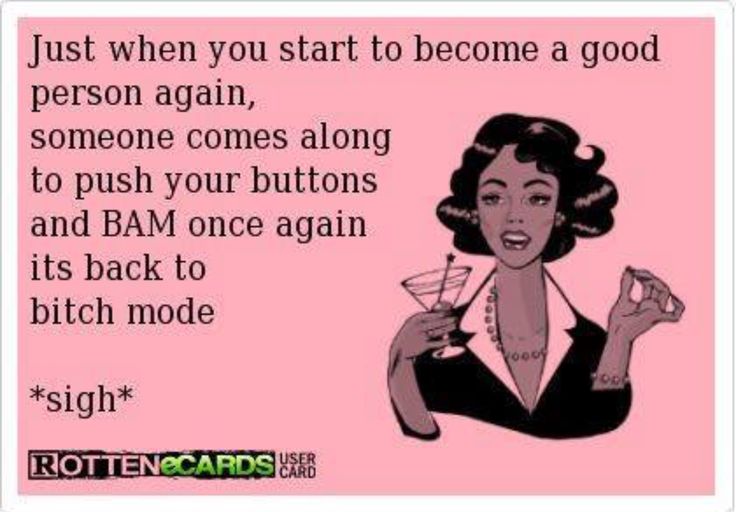
I suddenly thought how strange this is. Most of my friends are about the same age as me, we are at the same stage of life. And in such a relationship there are certain advantages. We understand some things without words, or at least without superfluous words.
Katya and I look at the world differently in many ways, and this refreshes my view that you can't force him to wash the dishes. But I understand perfectly well that Katya, who is now 27 and who does not even think about starting a family yet, all these topics are not very interesting. On the other hand, a new exhibition, a premiere, a book, construction in Moscow, elections - this is what excites both of us and what we are ready to discuss excitedly.
But two of my classmates don't really talk about it. They are completely immersed in family life, and we are primarily connected by warm shared memories and similar parental concerns.
“Friendships can be not only horizontal, that is, between people of the same age, but also vertical—between people of the same type, similar interests, lifestyle—regardless of age,” commented Gestalt therapist Elena Pavlyuchenko.
“Conversely, it can be difficult for us to engage in communication with peers if they are alien to us.”
Experience and energy
With old friends of the same age as us, we feel comfortable ... sometimes even too much. This relationship is not fraught with surprises, according to life coach Sloan Sheridan-Williams. “On the other hand, one of the advantages of friendship with a person of another generation is that he can make us“ change optics ”, see the familiar from a different angle, open up new perspectives and opportunities, reconsider priorities,” she notes.
Rosa was over fifty when a friend brought her niece Anna to her for physical therapy classes. Despite the 18-year age difference, they eventually became friends.
“I gradually drifted away from my peers as they started families, and I never got married after a failed romance,” Rosa says. “I was writing my dissertation and traveling while they were raising the kids. With Anna, we also seem to be completely different.
She takes care of her family a lot, I am passionate about work and appreciate freedom. But she and her children seem to fill the void in my life, and I, it seems, to some extent replace her parents who died early. I bring some sanity, some life experience to our relationship.”
In friendships of different ages, parent-child roles are often copied.
“The younger, if he had difficulties with his father or mother, in the face of the elder finds himself, as it were, an ideal parent. The elder treats him without the obligation that often irritates us in parents, but with acceptance, support, guardianship. And for the elder, the younger one can serve as a source of cheerfulness, love of life, help him feel needed, useful, ”explains Elena Pavlyuchenko.
It is important to maintain a balance between this role model and the purely human component of the relationship, warns the Gestalt therapist. If it is difficult for the elder to accept that the younger wanted to do something in his own way, or, conversely, it is difficult for the younger to accept that the elder is not ready to patronize him in everything, then they are stuck in the role of “parent” or “child”.
This can cause a crisis in the relationship. “It’s good if they are aware of these pitfalls,” says Elena Pavlyuchenko, “this helps the relationship not to reach a dead end.”
West and East
Not everyone understands and approves, and someone even ridicules such friendship, especially when the age difference is significant. Sloane Sheridan-Williams sees one of the explanations for this in the characteristics of Western culture.
“It is historically customary in the East to have a mentor or guru, a person who is more spiritually developed. It is also expected that the younger members of the family will follow the older ones. In the West, children are encouraged from a young age to be friends with peers, with classmates, this pattern persists into adulthood. But then young people miss a valuable opportunity to benefit from the experience of older people who have the ability to discard the small and insignificant and focus on the really important things.
The ability to make friends from other generations may also depend on childhood experience
“If relations with parents were tough, a person may get the idea that it is impossible to agree with elders, that there can be no common topics with them.
In the same way, someone who suffered in childhood in relationships with younger brothers and sisters is unlikely to make friends much younger than himself, ”Elena Pavlyuchenko believes.
Flexibility Index
48-year-old Varvara has a large social circle that includes a 26-year-old friend, her former student, and a 70-year-old friend, her former supervisor. “Nina shares her secrets with me, and I am very pleased with her trust,” says Varvara. “I try to help her understand herself better. But she is bolder than me, and thanks to her I become more determined.
And Vladimir Alexandrovich once helped me understand that my vocation is not pedagogy, but science, and until now he is my main adviser in all matters related to work. I discuss with him difficult points in my research and even problems in relationships with colleagues. But I also allow myself to suggest something to him, and he listens to me.
When we have friends from both the younger and the older generation, this indicates that we strive not only to lead or not only need guardianship, but are able to change roles easily and flexibly, Elena Pavlyuchenko believes: “In some ways and the younger one can be an expert for us, and we can teach the older one something.

